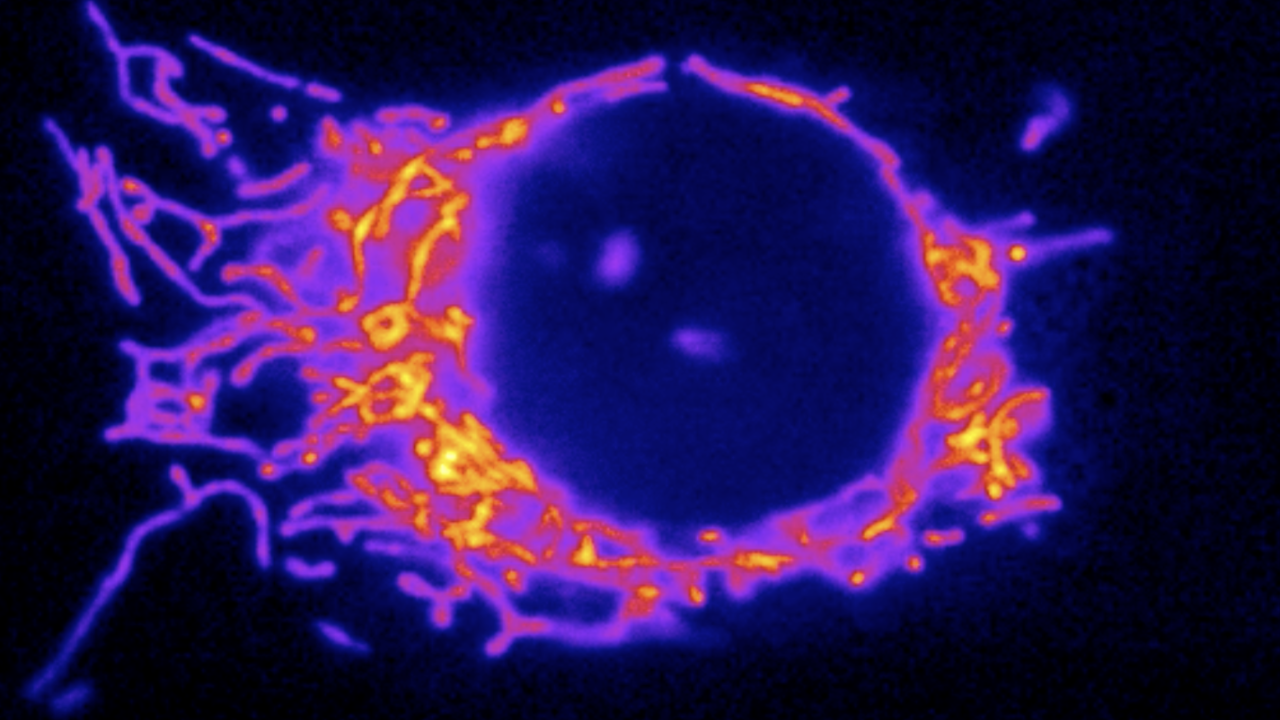Time: 2024-06-29
The relationship between life experiences and brain health is becoming clearer as researchers delve into the link between mitochondria and mental states. Recent studies have shown that the mitochondria in the brain play a crucial role in responding to positive and negative experiences, affecting cognitive function and overall well-being. Caroline Trumpff, an assistant professor at Columbia University, has been leading research on how mitochondria are influenced by psychosocial factors. By analyzing data from two large studies on aging and dementia, Trumpff and her team found that positive experiences were associated with increased mitochondrial activity, while negative experiences led to a decrease in specific protein groups within mitochondria.
Mitochondria, the energy powerhouses of cells, are now being recognized for their impact on brain function. Studies have shown that individuals who experience less psychological stress throughout their lives have better preserved brain health and cognitive function as they age. Researchers at Columbia University found that the molecular machinery in mitochondria responsible for energy transformation is boosted in older adults with positive life experiences. This suggests that subjective psychosocial experiences can influence the biology of brain mitochondria, ultimately affecting cell behavior and brain function.

The study conducted by Caroline Trumpff and her team utilized data from nearly 450 older adults in the United States, analyzing psychosocial factors over two decades of their lives. By creating indices to assess positive and negative experiences, the researchers found a correlation between well-being and mitochondrial protein abundance. Chronic psychological stress and negative experiences were linked to impaired mitochondrial energy transformation in the dorsolateral prefrontal cortex, a critical region for cognitive functions. Interestingly, the associations between mitochondria and psychosocial factors were found to be driven by glia cells in the brain, shedding light on their role in brain health.
The findings of these studies suggest a bidirectional relationship between mood and mitochondria, with chronic stress affecting mitochondrial energy transformation and vice versa. Ongoing research aims to understand whether changes in mitochondrial function can lead to changes in mood and mental health. By exploring the link between psychosocial experiences and mitochondrial health, researchers hope to develop new ways to measure brain health and resilience. Understanding the impact of mitochondria on brain function could revolutionize medical research and provide insights into preventing age-related cognitive decline and brain disorders. As the science of health continues to evolve, monitoring mitochondrial health may become a valuable tool in assessing overall well-being and disease prevention.